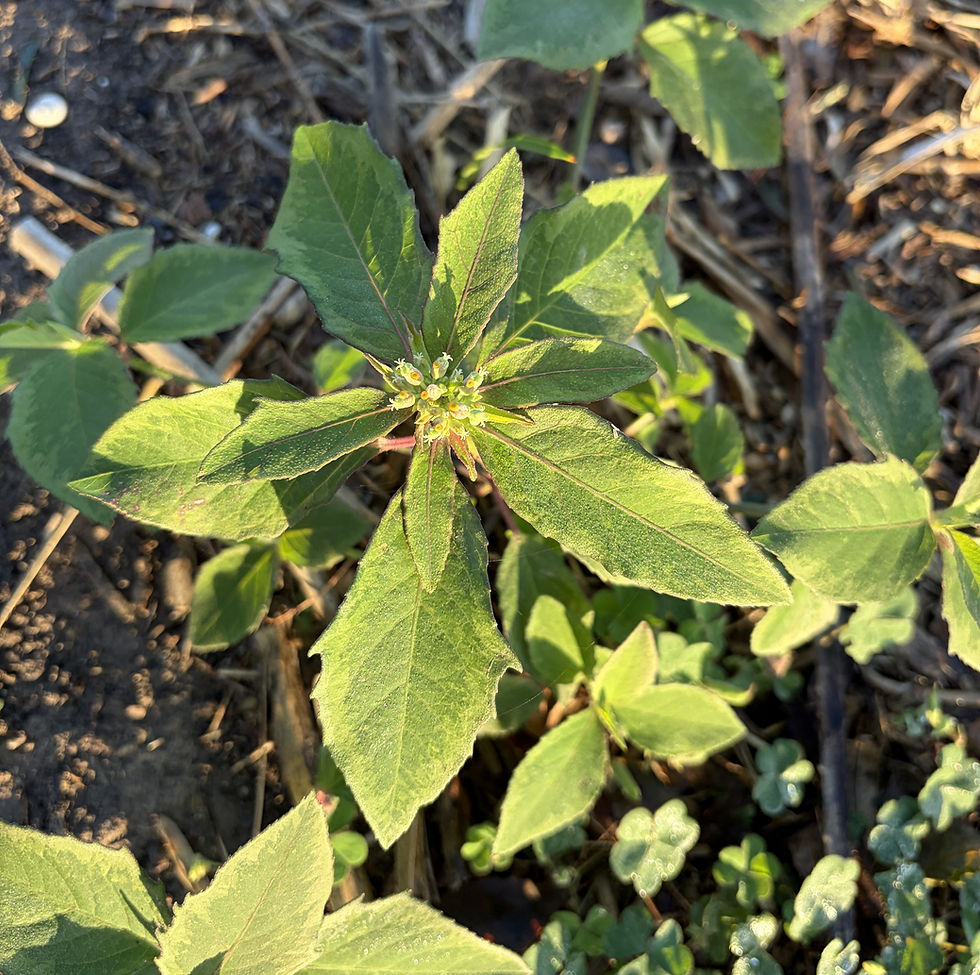Earn TMN Volunteer Hours at Home
- Joseph Connors

- Sep 29, 2020
- 2 min read
by Donna Otto, President, South Texas Border Chapter, TMN
The Cornell Lab of Ornithology is host to Citizen Science Project FeederWatch. I have participated in this program for several years now and find it very rewarding. While sharpening
my bird identification skills it also gives me an opportunity to study them closely while conducting my count. In their Handbook, Cornell Lab explains:
The main goal of Project FeederWatch is to combine the interests of backyard bird watchers with the needs of ornithologists who study bird populations. By making simple, standardized counts of the birds in their yards and reporting them to the FeederWatch database, FeederWatchers are contributing directly to the scientific understanding of bird populations.

Because Cornell Lab is a non-profit organization, a nominal annual fee is charged ($15).
FeederWatch’s participant fees pay for website and database maintenance, data analysis, participant support, printing and shipping project materials, and dissemination of information learned from FeederWatch data. The fees also help cover the cost of publishing a year-end report, Winter Bird Highlights.
After joining you will receive your ID number (needed to submit data) along with your count site ID (a portion of your yard that is easy to monitor).
You schedule your count days (two consecutive days, as often as every week – but may count less often). You leave at least five days when you do not count between each scheduled two-day count.
Watch your feeders as much or as little as you want, but track how much time you observe and if in the morning and/or afternoon.
You record the maximum number of each species visible at one time (simultaneously) at your site during your count (one tally across both days).
Count all birds attracted to your feeders, water or plantings. Ignore birds that fly over.
Record behavior interactions: displacement or predation events observed.
Report your count in the Your Data section of the website.
Interested? Check out feederwatch.org. A free downloadable FeederWatch Handbook & Instructions gives more project details. From the home page you can click on “Put up a Bird
Feeder” and there is a discussion and great pictures of different types of feeders and seed and
which birds they attract. They also have free downloads of posters on Hummingbirds of North
America, Common Backyard Hawks and Falcons of North America, and Common Feeder Birds
of Eastern and Western North America (one each side). They also have links to other Citizen
Science projects such as e-Bird and All About Birds. This year’s FeederWatch count runs Saturday, November 14, to Friday, April 9. Sign up and receive your packet as a new FeederWatcher and compile TMN Hours while sitting in the comfort (and safety) of your home.






